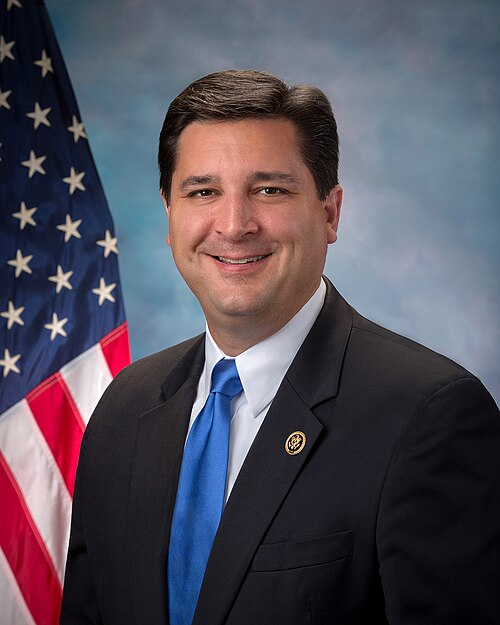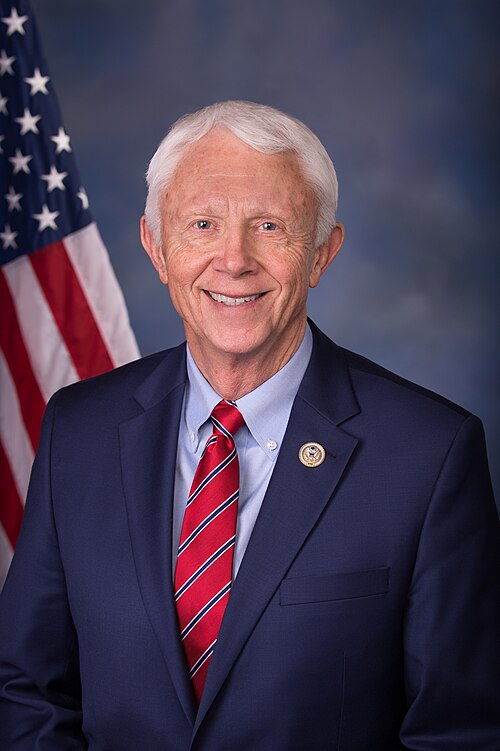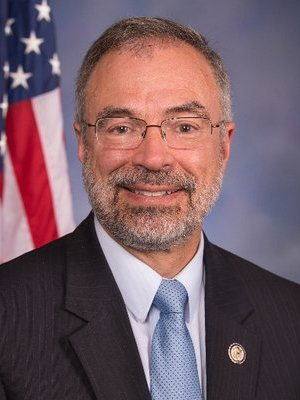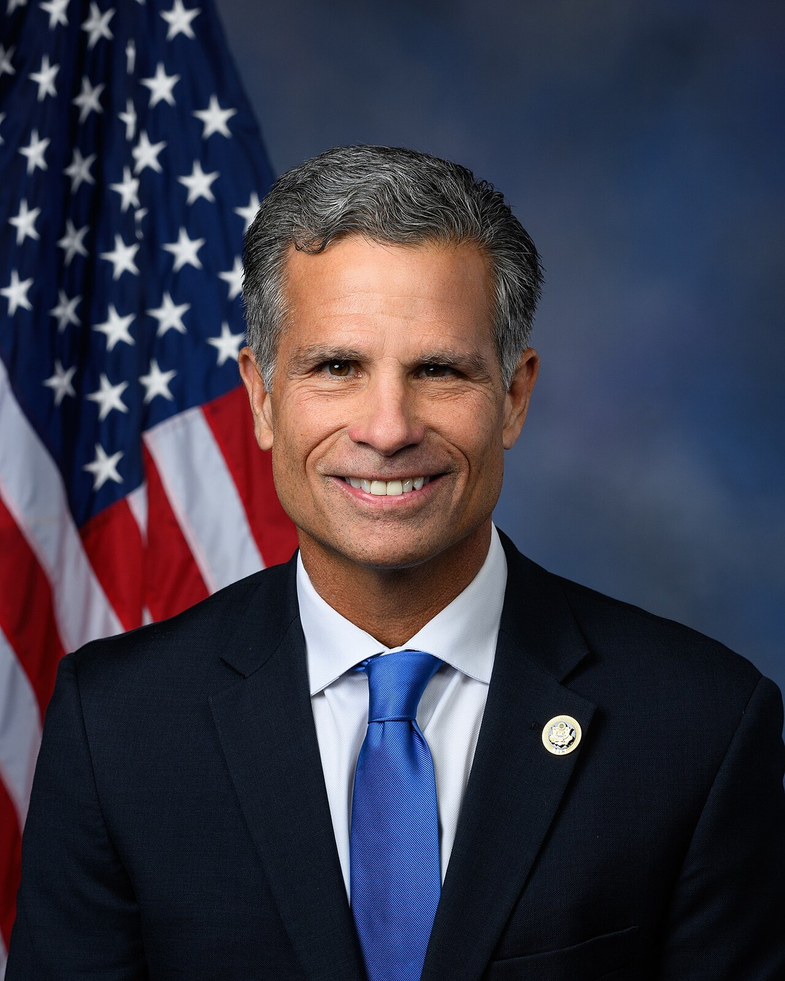H.R. 369: States’ Education Reclamation Act of 2025
This bill, titled the "States’ Education Reclamation Act of 2025," proposes the elimination of the United States Department of Education. It outlines several key components:
Findings
The bill begins with congressional findings that argue:
- Education should be governed by states and communities rather than a federal department.
- Local governance is better suited to manage schools and educational policies.
- The Department of Education has led to stagnation in educational performance and overregulation.
- There are significant salary disparities between public school teachers and Department of Education employees.
- Educational reforms should be driven by parents and local communities rather than federal mandates.
Abolition of the Department of Education
The bill mandates the complete dissolution of the Department of Education. All responsibilities and programs currently managed by the Department will be repealed, with certain exceptions laid out in the bill’s provisions.
Grants to States
States will receive grants from the Secretary of the Treasury to support elementary, secondary, and postsecondary education programs. Key points include:
- Each state is entitled to receive grant funds for education equal to the amount they received from federal programs in fiscal year 2025.
- Funds must be used to support state-level educational initiatives and cannot replace state funding.
- States are required to make these funds available for expenditure within the fiscal year they are granted.
Administrative and Fiscal Accountability
States will be required to conduct audits of their use of these grant funds. This includes:
- States must hire an approved auditing entity for fiscal audits annually.
- Findings must be reported to the state legislature and the Secretary of the Treasury.
- A penalty will be imposed if a state misuses these funds, requiring reimbursement to the U.S. Treasury.
Nondiscrimination Provisions
The bill includes provisions to prevent discrimination against individuals based on disability, sex, race, color, or national origin in programs funded by the grants provided under this Act.
Transfer of Programs
Within 24 months after the enactment of the bill, several educational programs will be transferred to other federal departments:
- Job training programs will move to the Department of Labor.
- Special education programs will be transferred to the Department of Health and Human Services.
- Other programs related to Indian education, Impact Aid, Federal Pell Grants, and student loan programs will also be reassigned to different departments.
GAO Report
The bill requires the Comptroller General of the United States to submit a report evaluating the feasibility of enhancing state and local funding for education while reducing federal involvement.
Plan for Closure of the Department of Education
The President will be tasked with submitting a plan to Congress outlining the steps needed to close the Department of Education within one year of the bill’s enactment.
Definitions
The bill includes specific definitions related to elementary, secondary, and higher education institutions, and defines the term "State" as applicable in the context of the bill.
Relevant Companies
- EDU - New Oriental Education & Technology Group, which relies on educational funding, might face a shift in operational framework due to changes at the federal level.
- CHGG - Chegg Inc., which provides educational services and support, may experience direct impacts from changes in funding and regulations.
This is an AI-generated summary of the bill text. There may be mistakes.
Sponsors
13 bill sponsors
-
TrackDavid Rouzer

Sponsor
-
TrackJack Bergman

Co-Sponsor
-
TrackChuck Edwards

Co-Sponsor
-
TrackCraig Goldman

Co-Sponsor
-
TrackAndy Harris

Co-Sponsor
-
TrackAshley Hinson

Co-Sponsor
-
TrackBrad Knott

Co-Sponsor
-
TrackAddison McDowell

Co-Sponsor
-
TrackDaniel Meuser

Co-Sponsor
-
TrackBarry Moore

Co-Sponsor
-
TrackW. Gregory Steube

Co-Sponsor
-
TrackDavid Taylor

Co-Sponsor
-
TrackJoe Wilson

Co-Sponsor
Actions
2 actions
| Date | Action |
|---|---|
| Jan. 13, 2025 | Introduced in House |
| Jan. 13, 2025 | Referred to the House Committee on Education and Workforce. |
Corporate Lobbying
0 companies lobbying
None found.
* Note that there can be significant delays in lobbying disclosures, and our data may be incomplete.
Potentially Relevant Congressional Stock Trades
No relevant congressional stock trades found.